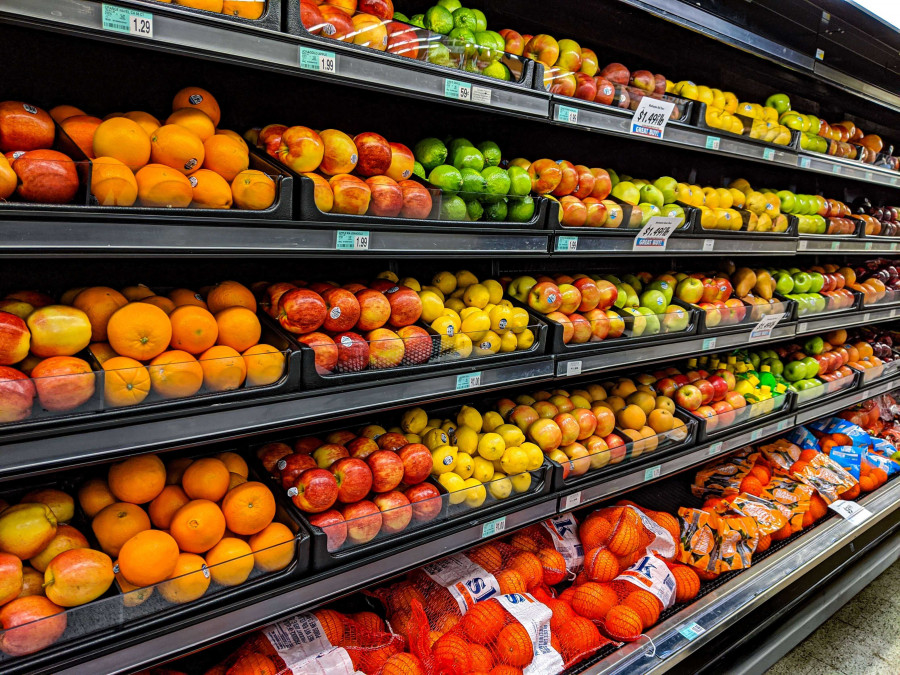The Fast-Moving Consumer Goods (FMCG) sector plays a crucial role in our daily lives, encompassing a wide range of products that we use and consume on a regular basis. However, this industry is not immune to threats and challenges that can impact its growth and sustainability. In this blog post, we will delve into the key threats faced by the FMCG sector, exploring their implications and potential solutions.
- Evolving Consumer Preferences:
One of the primary threats faced by the FMCG sector is the ever-changing consumer preferences. As consumers become more conscious about health, sustainability, and ethical considerations, traditional FMCG products may face declining demand. To overcome this challenge, companies need to adapt their product offerings, incorporating healthier ingredients, eco-friendly packaging, and transparent supply chains. Additionally, leveraging data analytics and market research can help identify emerging trends and tailor products to meet evolving consumer demands. - Intensifying Competition:
The FMCG sector is highly competitive, with numerous players vying for market share. The rise of e-commerce platforms and direct-to-consumer brands has further intensified the competition. To stay ahead, companies must invest in innovation, product differentiation, and brand building. Embracing digital marketing strategies, enhancing customer experience, and fostering brand loyalty through personalized offerings can help mitigate the threat of intense competition. - Supply Chain Disruptions:
The FMCG sector heavily relies on efficient and reliable supply chains to ensure timely delivery of products. However, disruptions such as natural disasters, political instability, and global pandemics can severely impact the supply chain, leading to product shortages and increased costs. To mitigate these threats, companies should diversify their supplier base, invest in robust logistics infrastructure, and implement contingency plans to ensure business continuity during unforeseen events. - Regulatory Challenges:
The FMCG sector operates in a highly regulated environment, with governments imposing various regulations related to product safety, labeling, and advertising. Compliance with these regulations can be complex and costly, especially for multinational companies operating in multiple jurisdictions. To navigate these challenges, companies must stay updated with the evolving regulatory landscape, invest in compliance frameworks, and foster strong relationships with regulatory authorities. - Technological Disruptions:
Advancements in technology, such as artificial intelligence, automation, and e-commerce, are reshaping the FMCG sector. While these innovations offer opportunities for growth and efficiency, they also pose threats to traditional business models. To leverage technology effectively, companies need to embrace digital transformation, invest in data analytics, and explore emerging technologies to enhance operational efficiency, optimize supply chains, and deliver personalized customer experiences.
Conclusion:
The FMCG sector faces a multitude of threats that require proactive strategies and adaptability to ensure sustainable growth. By understanding and addressing challenges related to evolving consumer preferences, intense competition, supply chain disruptions, regulatory compliance, and technological disruptions, companies can navigate the changing landscape and thrive in this dynamic industry. Embracing innovation, sustainability, and customer-centric approaches will be key to overcoming these threats and securing a prosperous future for the FMCG sector.
